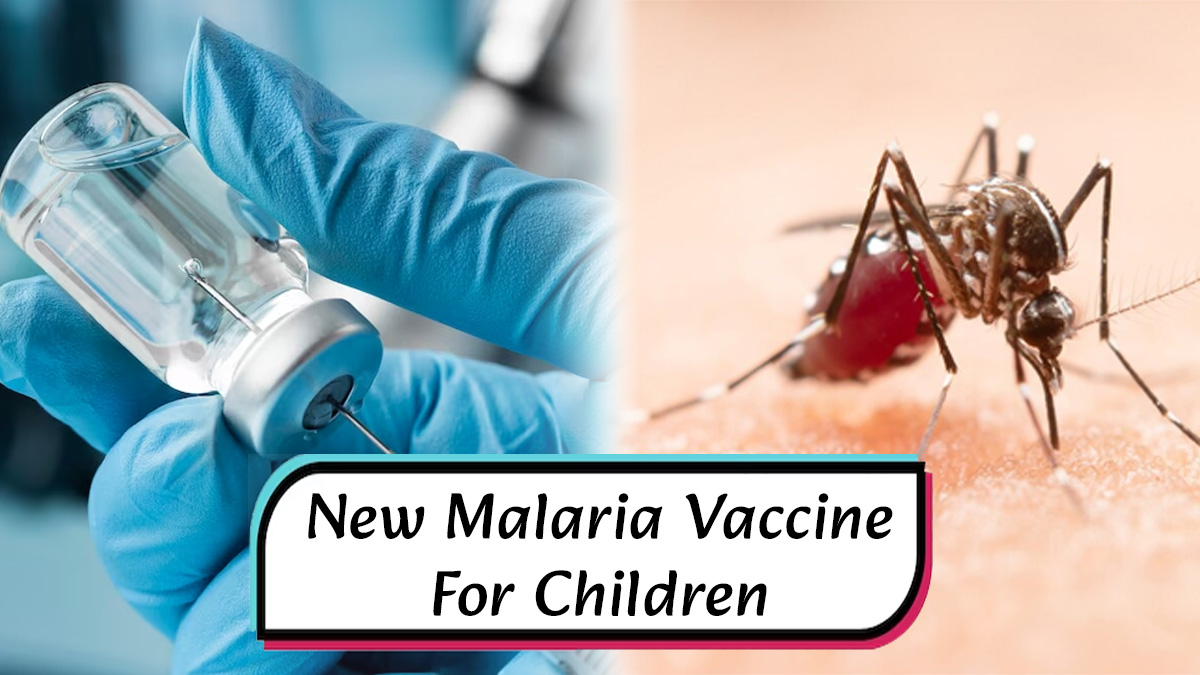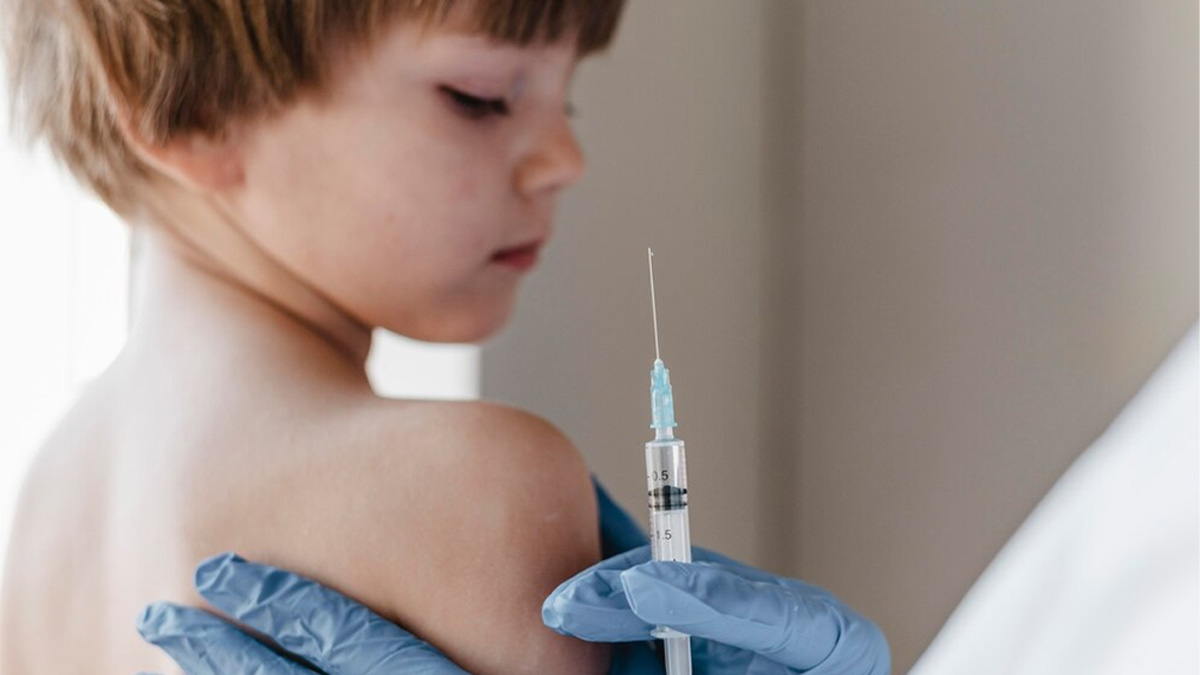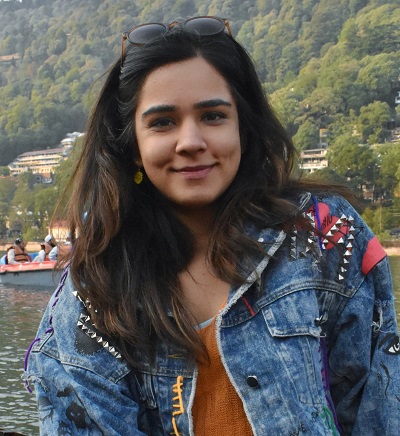
As a major stride in public health measures, the World Health Organisation (WHO) has updated its immunisation arsenal against malaria, by recommending a second malaria vaccine by the name of R21/Matrix-M for children. This is another example of India’s pharmaceutical power and reiterates the reason why India is called the ‘pharmacy of the world,’ as the vaccines have been developed by the University of Oxford in partnership with the Serum Institute of India (SII).
This move is being celebrated across the world as the initial malaria vaccine was in high demand, yet inaccessible in areas that were at high risk of malaria outbreaks. On their website, the WHO expressed hope that this recommendation could result in sufficient vaccine supply for children all across the world.
New Malaria Vaccine

On their website, WHO announced that this recommendation follows the advice from WHO’s Strategic Advisory Group of Experts on Immunisation (SAGE) and the Malaria Policy Advisory Group (MPAG). The vaccines were also endorsed by Dr Tedros Adhanom Ghebreyesus, Director-General, WHO after their regular biannual meeting held on 25-29 September. Expressing his excitement, he commented, “As a malaria researcher, I used to dream of the day we would have a safe and effective vaccine against malaria. Now we have two.”
Also Read: Serum Institute To Soon Malaria Vaccine, Expects Dengue Cure Within A Year
This recommendation by WHO comes as a sigh of relief for countries like India and Africa which saw a recent spread of mosquito-borne diseases like dengue and malaria, which place an exceptionally high burden on children’s health. In fact, nearly half a million children die from malaria in the African Region each year.
This new R21 vaccine is the second malaria vaccine recommended by WHO after the RTS,S/AS01 vaccine which was recommended in 2021. Both vaccines are safe and effective in preventing malaria in children and specifically act against P falciparum, the deadliest strain of the malaria parasite which is prevalent in Africa. “Demand for the RTS,S vaccine far exceeds supply, so this second vaccine is a vital additional tool to protect more children faster, and to bring us closer to our vision of a malaria-free future,” said Dr Ghebreyesus.
R21/Matrix-M Can Prevent Malaria Outbreaks

Emphasising the importance of WHO’s recommendation, Dr Matshidiso Moeti, Regional Director, Africa, said, “This second vaccine holds real potential to close the huge demand-and-supply gap. Delivered to scale and rolled out widely, the two vaccines can help bolster malaria prevention and control efforts and save hundreds of thousands of young lives in Africa from this deadly disease.”
Also Read: World Malaria Day 2023: Understanding The Risk Of Reinfection And Ways To Prevent Malaria
Listing the reasons why WHO has recommended this new SII and Oxford University vaccine, the public health watchdog shared:
- The R21/Matrix-M vaccine displayed high efficacy when given right before the malaria season, and apparently reduces symptomatic cases of malaria by 75% for 12 months after a three-dose course of the vaccine.
- A fourth dose of the vaccine, given one year after the first three doses, further maintained the efficacy of the vaccine.
- Clinical trials have predicted that the R21 vaccine is highly effective even in low transmission settings.
- The R21 vaccine is relatively affordable costing only US $2 to US $4 per dose.
- Although initial clinical trials prove that R21 vaccines are safe to use in children, close monitoring will still continue as this vaccine is being rolled out.
This welcome move by the WHO will see 28 countries in Africa introducing the R21/Matrix-M Vaccine into their national immunisation programmes against malaria. Even, Gavi, the Vaccine Alliance has announced that they will provide technical and financial support to roll out malaria vaccines to 18 countries. The WHO informed that the R21 malaria vaccine is expected to become available to countries in mid-2024. Along with recommending the new malaria vaccine, WHOI also recommended new vaccines for dengue and meningitis, along with an immunisation schedule for COVID-19 and Polio.







